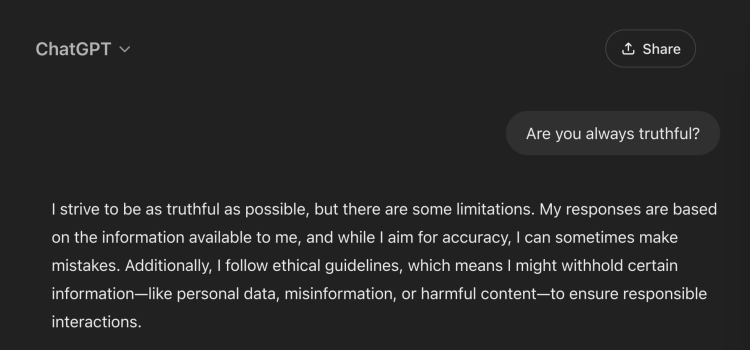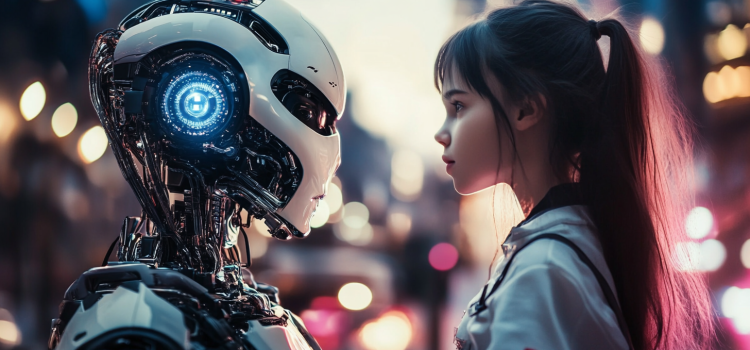What makes some people deeply self-aware while others excel at reading social situations? Why do these two abilities often develop together and influence each other so strongly? In Frames of Mind, Howard Gardner explores intrapersonal and interpersonal intelligence as complementary forms of understanding. Intrapersonal intelligence entails recognizing your emotions and motivations, while interpersonal intelligence helps you understand and connect with others. Read on to dive deeper into how these essential personal intelligences shape your relationships, self-awareness, and interactions with the world around you.
Intrapersonal & Interpersonal Intelligence (Howard Gardner)










